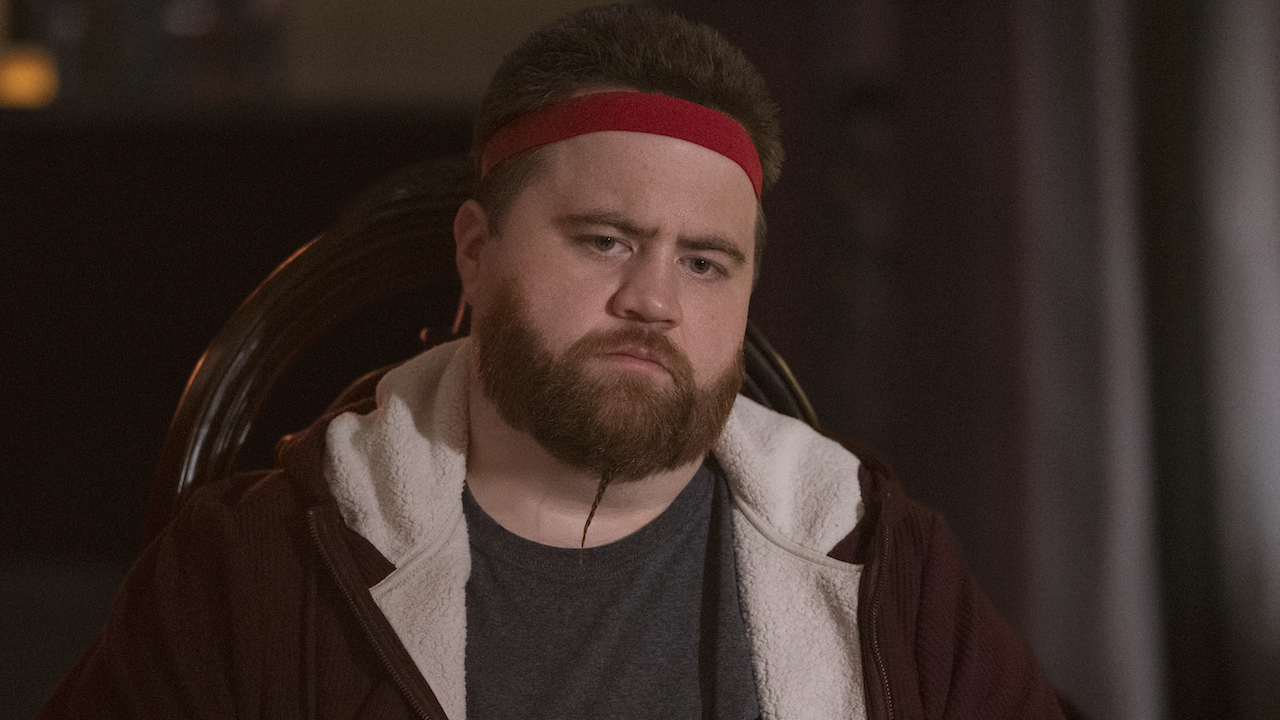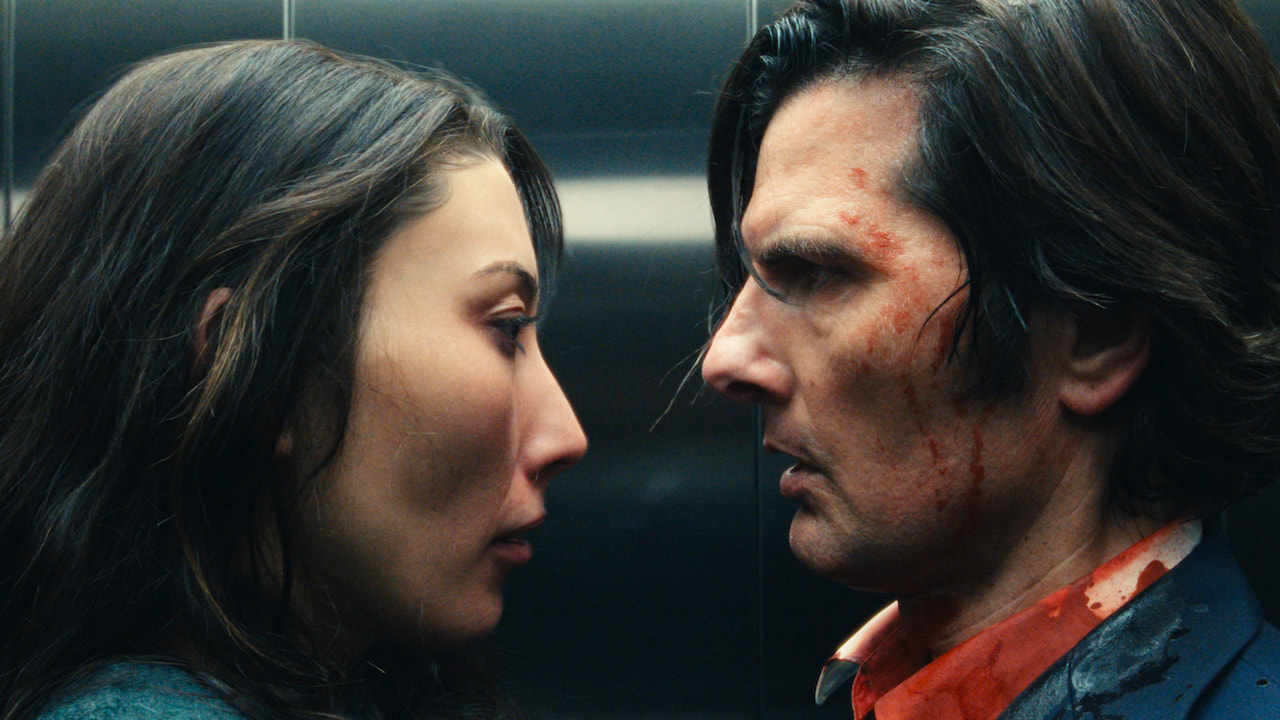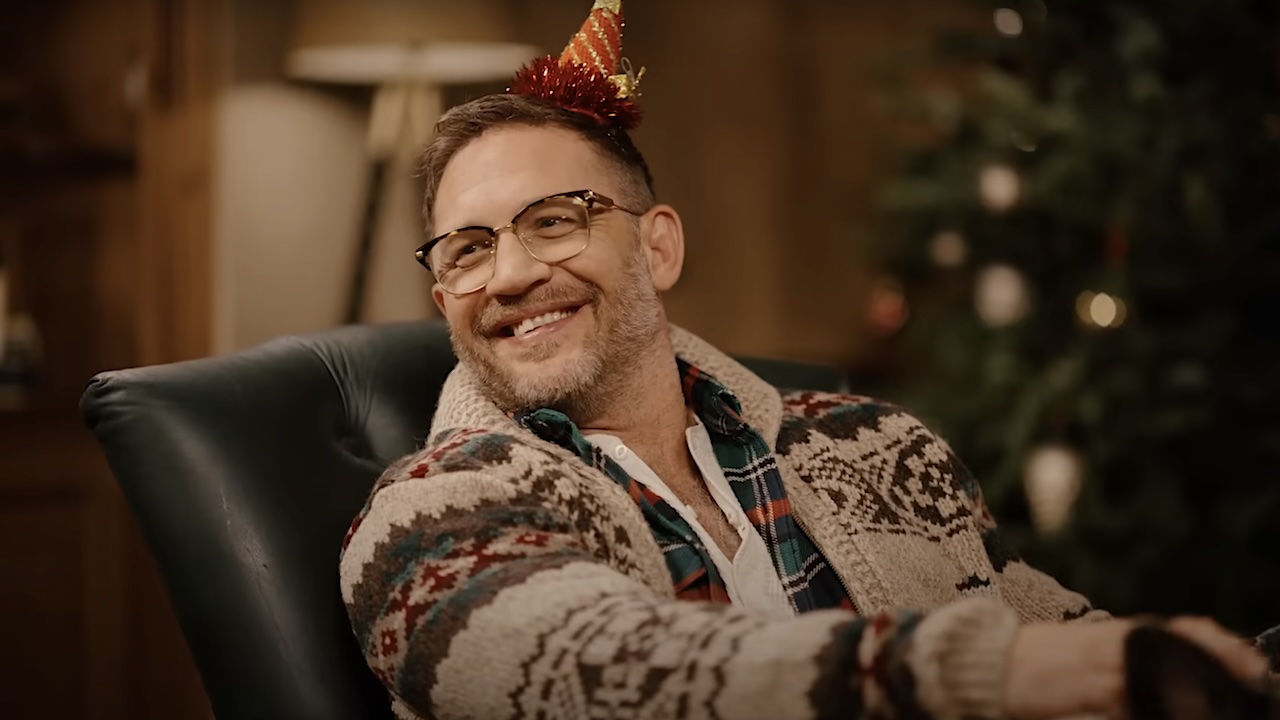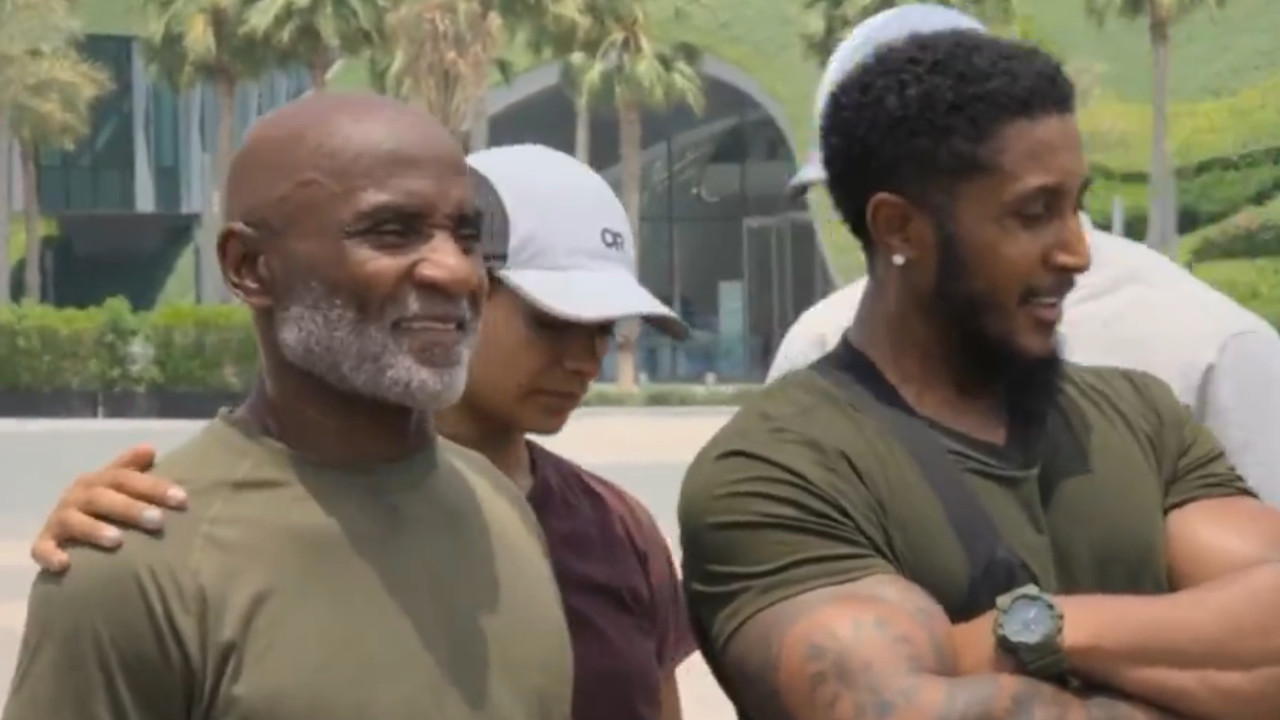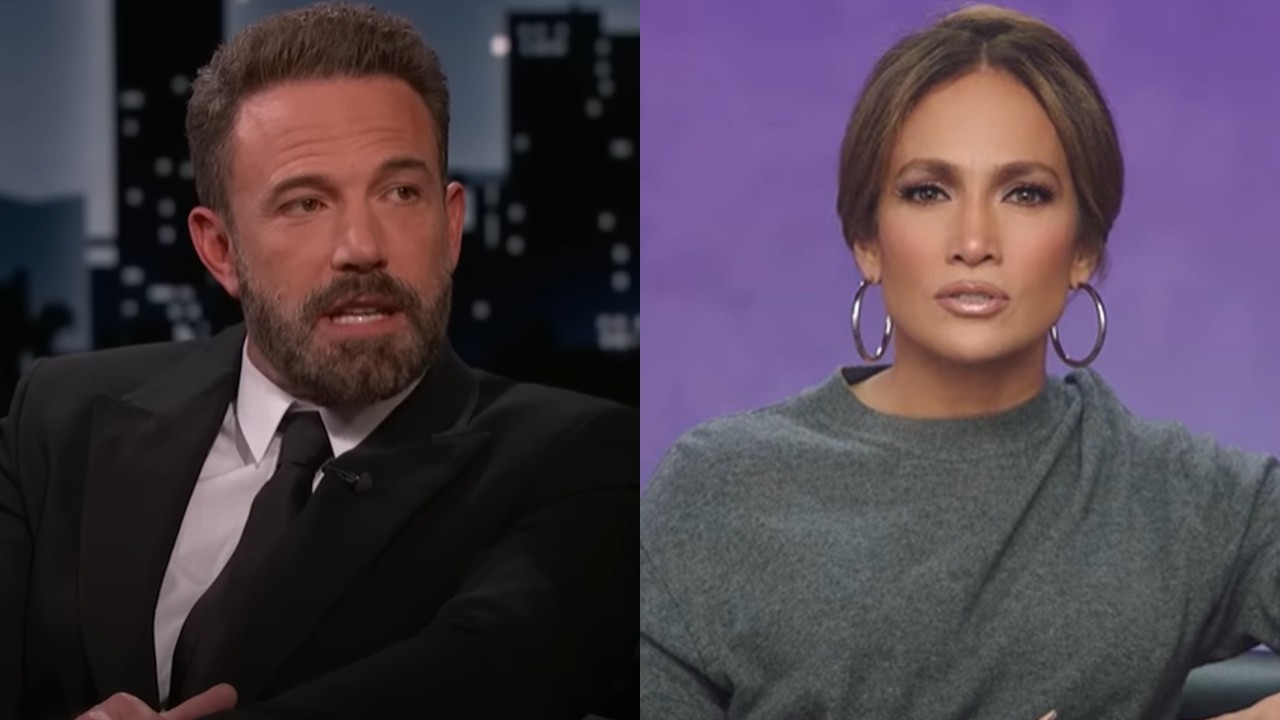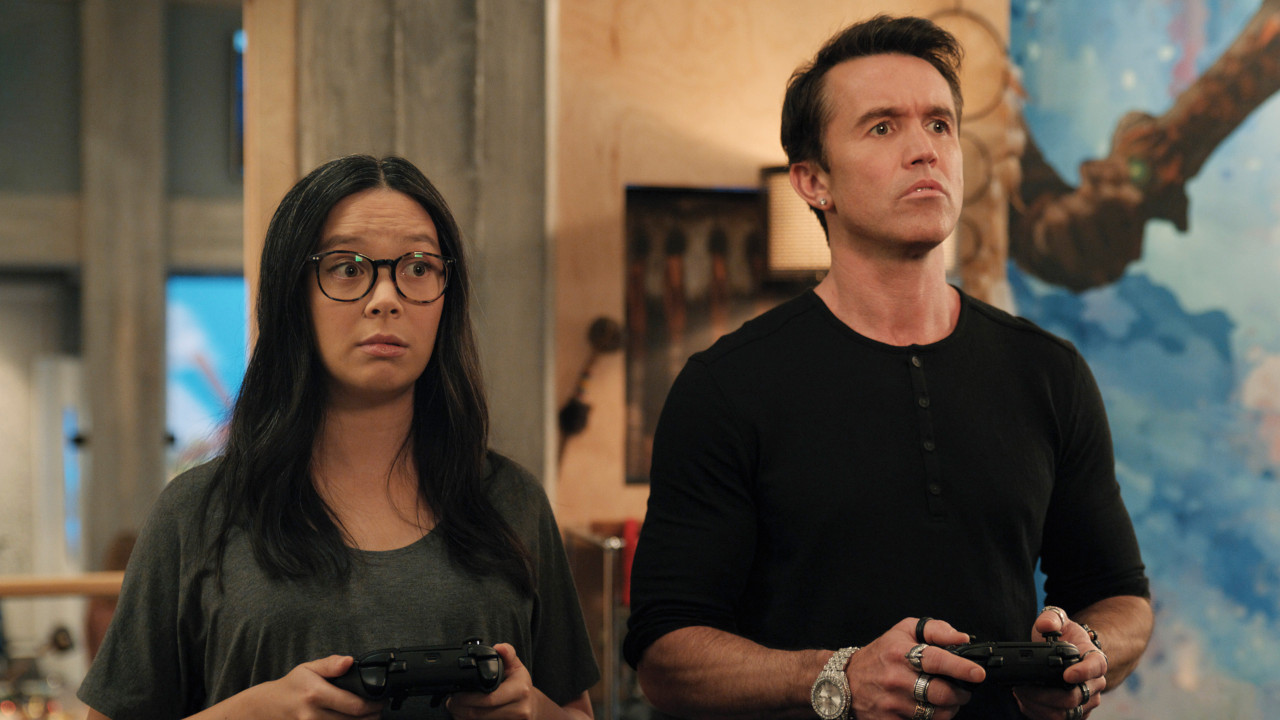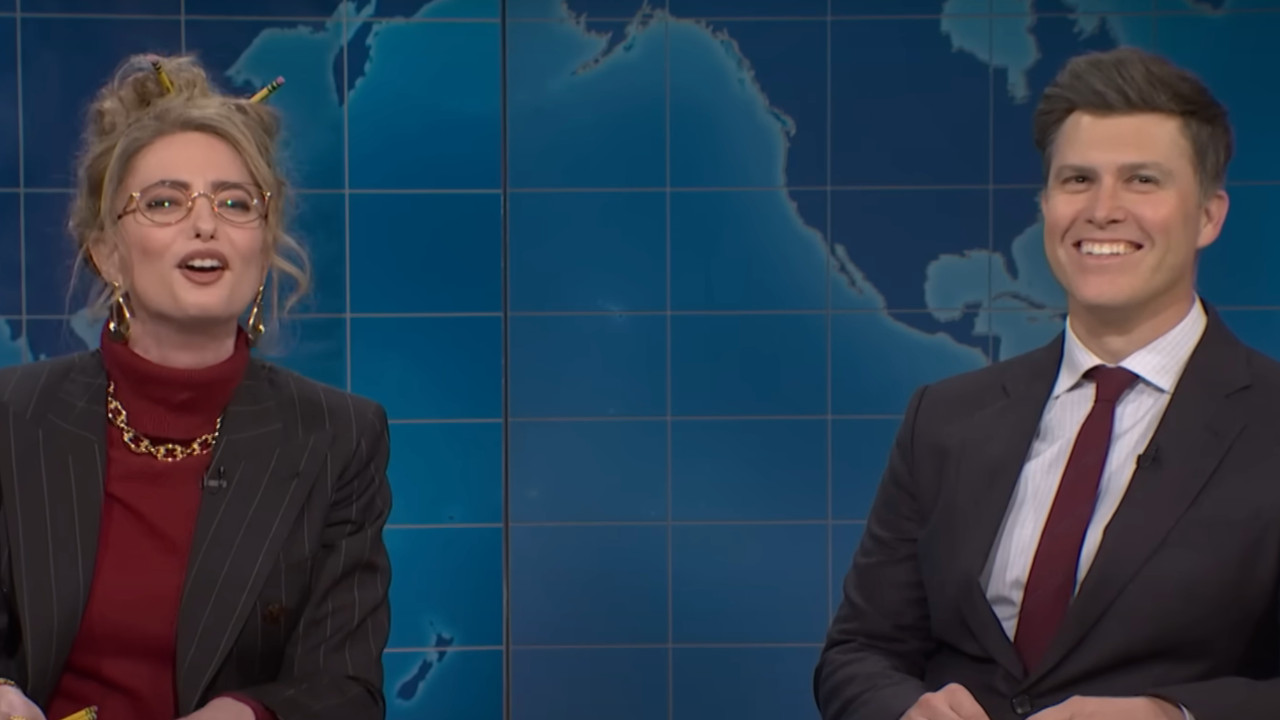No Country For Old Men Ending Explained: What Was Tommy Lee Jones Talking About?
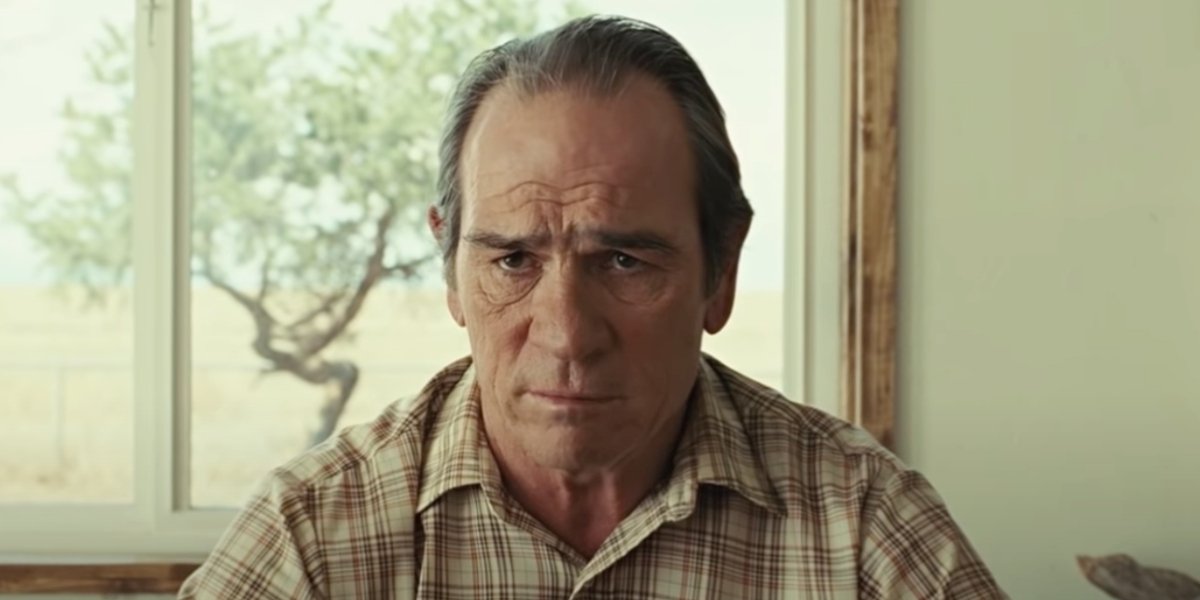
The 2007 modern day western No Country From Old Men is one of the most highly regarded films to come from not only the Coen Brothers, but also from all cinema in the last 20 years. With an attention grabbing and atmospheric narrative ripped from the pages of Cormac McCarthy's award-winning 2005 novel of the same name, this instant-classic riveted fans and critics alike. But nearly 13 years later, there's still a great deal of mystery surrounding the No Country For Old Men ending.
In case this wasn't already obvious, spoilers from No Country For Old Men ahead!
In terms of getting into the ending, I'm not talking about the scene where Josh Brolin's Llewelyn Moss is gunned down in an El Paso motel or when his wife, Carla Jean Moss, played by the talented Kelly Macdonald, is seemingly murdered by the relentless hitman with a terrible haircut Anton Chigurh (a performance which netted Javier Bardem an Oscar for Best Actor). I'm talking about the divisive ending scene in which Tommy Lee Jones' Ed Tom Bell briefly describes two dreams before the screen cuts to black. That scene has been mystifying people, myself included, since the movie first hit theaters in the fall of 2007.
So, what was Sheriff Ed Tom Bell actually talking about with his wife over breakfast?
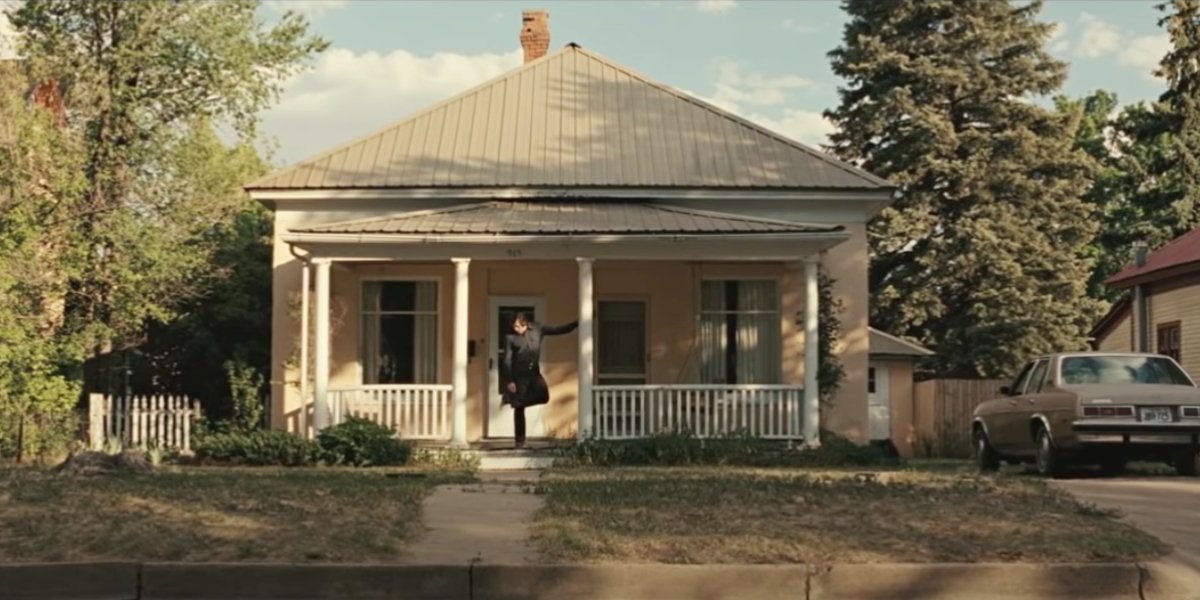
How No Country For Old Men Ends
Up until the final moments of No Country For Old Men, the plot is pretty much a straight forward affair that plays like a traditional western, which makes the ambiguous and vague final two minutes so hard for people to wrap their minds around. Things really start off after Llewelyn Moss stumbles across a drug deal gone bad in the hills of West Texas. After finding a briefcase containing roughly $2 million in cash (and a hidden tracking device), Moss goes on the run from the lethal, ruthless, and emotionless hitman Anton Chigurh.
Sheriff Ed Tom Bell, who's nearing retirement, is left to make sense of it all and finds himself on the heels of both Moss and Chigurh. Unfortunately for all parties (maybe not Chigurh), Bell is not successful in locating the missing funds or Moss before it's too late, and he finds himself looking at the lifeless body of the main he swore to protect. Already having decided to turn in his gun and badge, Bell decides it's no use in making sense of the modern world and its criminal elements and calls it a day. But not before giving us one of the most cryptic endings of the 21st Century when the retired sheriff recounts two dreams he had the night before.
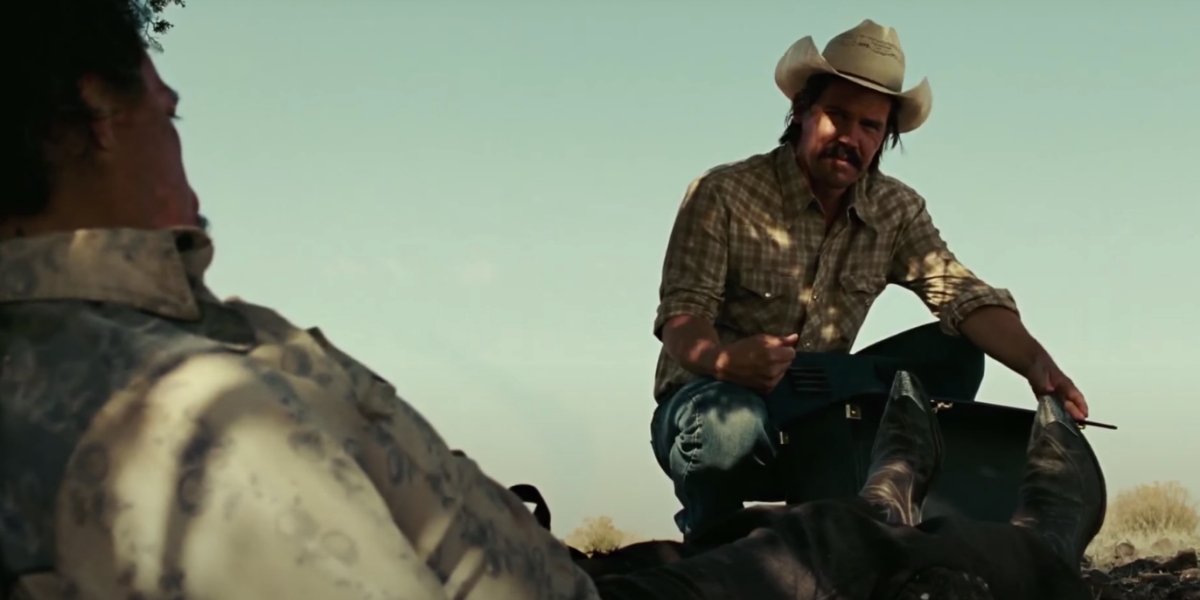
What's The Meaning Behind Sheriff Bell's First Dream?
Instead of ending with a big chase scene, shootout, or other instances of violence, No Country For Old Men concludes with a quiet, two-and-a-half-minute scene in which Ed Tom Bell tells his wife Lorreta (Tess Harper) about two dreams he had about his father. When pressed on the first, Ed Tom says:
CINEMABLEND NEWSLETTER
Your Daily Blend of Entertainment News
Anyway, first one I don't remember too well but it was about meeting him in town somewhere, he's gonna give me some money. I think I lost it.
This is Ed Tom coming to terms with the pain and grief he feels for not being able to retrieve the drug money or prevent the unnecessary death of Llewelyn Moss earlier in the movie. A few scenes earlier, Ed Tom visits his uncle Ellis after finding Moss' body in the El Paso motel. The soon-to-be-retired sheriff is overcome with failure until his uncle basically tells him that while you're trying to get back what's already gone, there's more being taken from you. Following the conversation, and the dream, Ed Tom seems to be relieved of his pain, at least on that front.
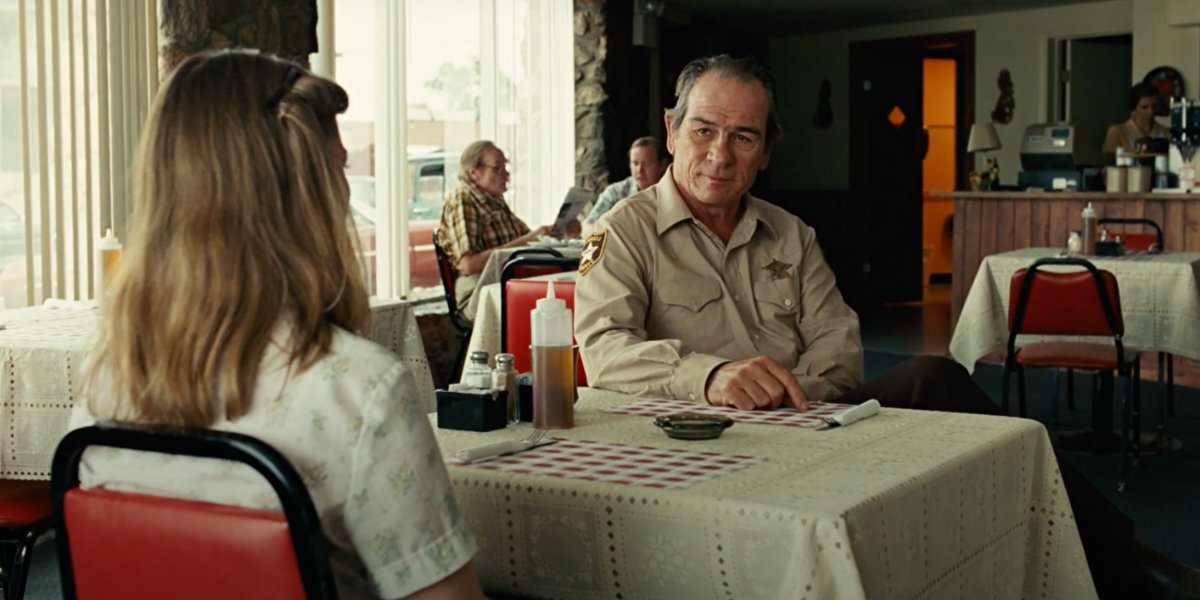
What's The Meaning Behind His Second Dream?
The second dream, much longer than the first, involves Ed Tom and his father riding in the dark of night on horseback through a mountain pass. In a soft voice, the recently retired sheriff states:
It was cold and there was snow on the ground and he rode past me and kept on goin'. Never said nothin' goin' by. He just rode on past... and he had his blanket wrapped around him and his head down and when he rode past I seen he was carryin' fire in a horn the way people used to do and I could see the horn from the light inside of it. 'Bout the color of the moon. And in the dream I knew that he was goin' on ahead and he was fixin' to make a fire somewhere out there in all that dark and all that cold, and I knew that whenever I got there he would be there. And then I woke up.
While the first dream seems to be Ed Tom's way of coming to terms with his past (losing the money), this second and more detailed dream is the retired sheriff's way of letting go on and accepting his future. Watching his father ride past him holding fire, Ed Tom finds comfort in knowing that he will soon be with his father once again. You could argue that this is a rather bleak outlook on his future, but Ed Tom takes comfort in the dream. The tone of his voice and expressions on his face don't come off as pained and conflicted as they did during his conversation with Ellis. He no longer has to make sense of the senselessness of the world as this world is no longer for men like him.
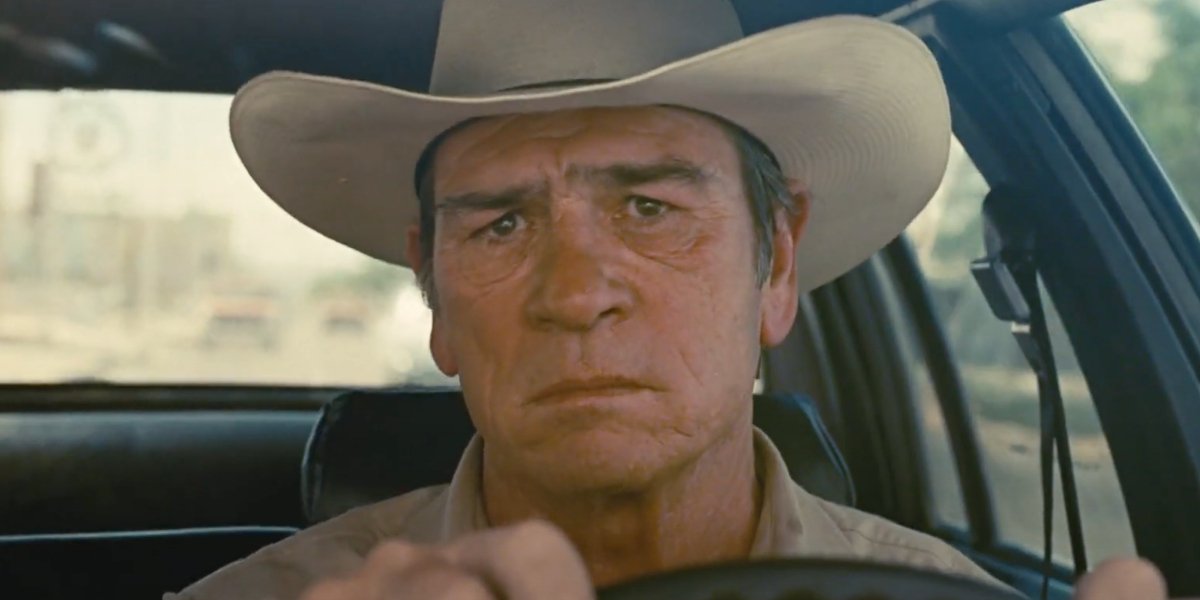
What Does Tommy Lee Jones Think About The Ending?
Some might view the ending of No Country For Old Men as being overtly pessimistic, and with all of the death and violence that transpires in the moments leading up to the Ed Tom Bell's quiet retelling of his dreams where he comes to terms with both his past and what the future holds, it's actually quite hopeful. And Tommy Lee Jones, the actor behind the performance, feels the same way.
During an interview with Uncut in 2008, the Academy Award-winning actor explained that he saw the unconventional ending as anything but pessimistic, stating:
The last speech is a contemplation of hope, a dream about however dark and cold the world might be, however long the ride through it might be. That at the end you know that you will go to your father’s house and it will be warm, or to a fire that your father has carried and built for you. The last sentence of the movie is, “And then I woke up.” It’s a contemplation of the idea of hope. Is it an illusion? Is it just a dream? And if it is, is the dream real?
Going off what Tommy Lee Jones was saying in that interview, it seems like the character had undergone a great change from earlier in the film and had learned to the find hope for the future, especially after talking with his uncle and then the two dreams about his father.
Well, those are my thoughts on the ending of No Country For Old Men. With an ending as vague as the one we saw in the critically acclaimed thriller, I'm sure that just about everyone has an interpretation of their own. With that being said, why not sound off in the comments and let me know if you agree with my theory or if you have one of your own. And come back for the latest on Joel and Ethan Coen here at CinemaBlend.

Philip grew up in Louisiana (not New Orleans) before moving to St. Louis after graduating from Louisiana State University-Shreveport. When he's not writing about movies or television, Philip can be found being chased by his three kids, telling his dogs to stop barking at the mailman, or chatting about professional wrestling to his wife. Writing gigs with school newspapers, multiple daily newspapers, and other varied job experiences led him to this point where he actually gets to write about movies, shows, wrestling, and documentaries (which is a huge win in his eyes). If the stars properly align, he will talk about For Love Of The Game being the best baseball movie of all time.
